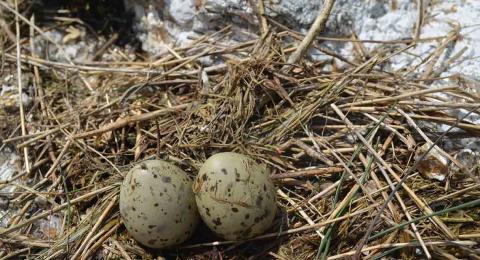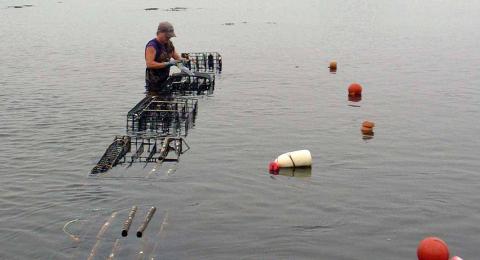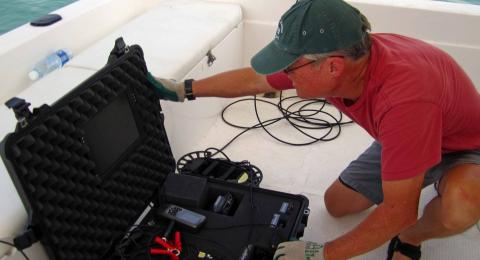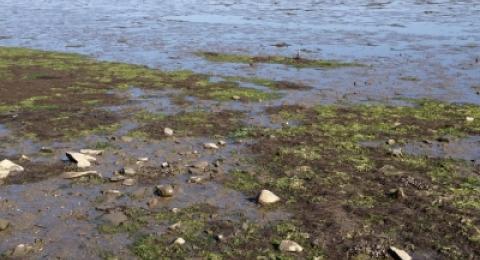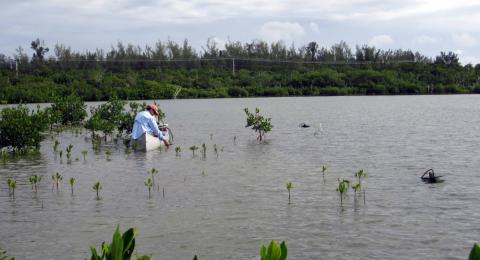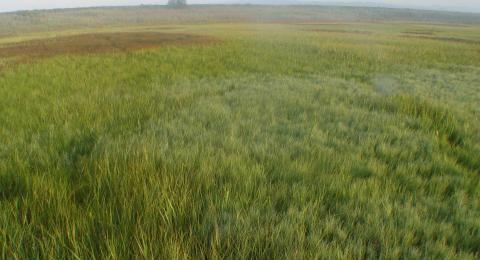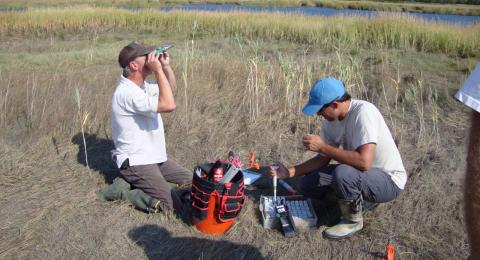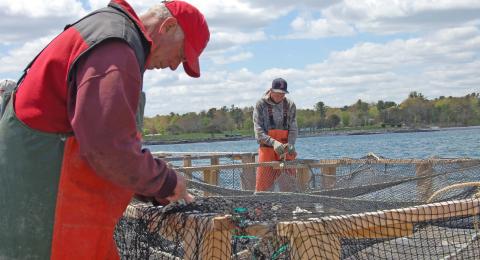Research Initiatives
In 2014, Jessica Carloni, a MS Student at UNH Department of Resources who is advised by Erik Chapman (NH Sea Grant/UNH Cooperative Extension) will begin research that will be aimed at Improving our understanding of common tern foraging behavior, post-breeding and non-breeding habitat use and…
Learn More
Airborne light detection and ranging (lidar) is a remote sensing technology that is proving increasingly beneficial in a variety of ocean and coastal mapping applications. Lidar systems use pulsed lasers in aircraft to measure ranges to the surface below. The range measurements are combined with…
Learn More
Oyster aquaculture has grown dramatically in New Hampshire during the past few years. Environmental agencies have begun to view oyster farming in the context of managing nutrient (mainly nitrogen) pollution in the Great Bay Estuary. Our research centers on the possibility that seaweed and oyster…
Learn More
We use custom-made underwater videography systems to map the seafloor for a variety of purposes. In addition to mapping oyster reefs, recent projects include assessments of seafloor conditions relevant to macroalgal production in estuarine and shallow shelf waters in southwest Florida, coral…
Learn More
As excess nutrients enter the Great Bay Estuary, a variety of nuisance plants can bloom and lead to fundamental changes in the ecology of the estuary – causing loss of habitat critical for support of valuable plants and animals. One type of plant, benthic macroalgae or seaweed, can bloom with…
Learn More
We focus on various ecological processes associated with restored and natural oyster reefs. Our lab uses fluorometers to characterize the impacts of natural and restored oyster reefs on water quality, focusing on direct measurements of whole-reef filtration rates.
Learn More
Tidal marshes developed in New England during the past 4,000 years when sea levels rose slowly. As marshes flood, grasses trap inorganic sediments and also infuse the soils with organic matter (roots and rhizomes). Flooding by salt water is key to provide suspended sediments to the…
Learn More
Salt marshes have been managed for centuries, but these ecosystems are now recognized for many services and management actions should support overall marsh health rather than narrow objectives (e.g., mosquito control). Partnering with USFWS (Rachel Carson and Parker River NWRs) and Northeast…
Learn More
New Hampshire-raised steelhead trout are making a splash in restaurants and seafood markets throughout northern New England, thanks to researchers at N.H. Sea Grant and UNH Cooperative Extension.
Learn More
